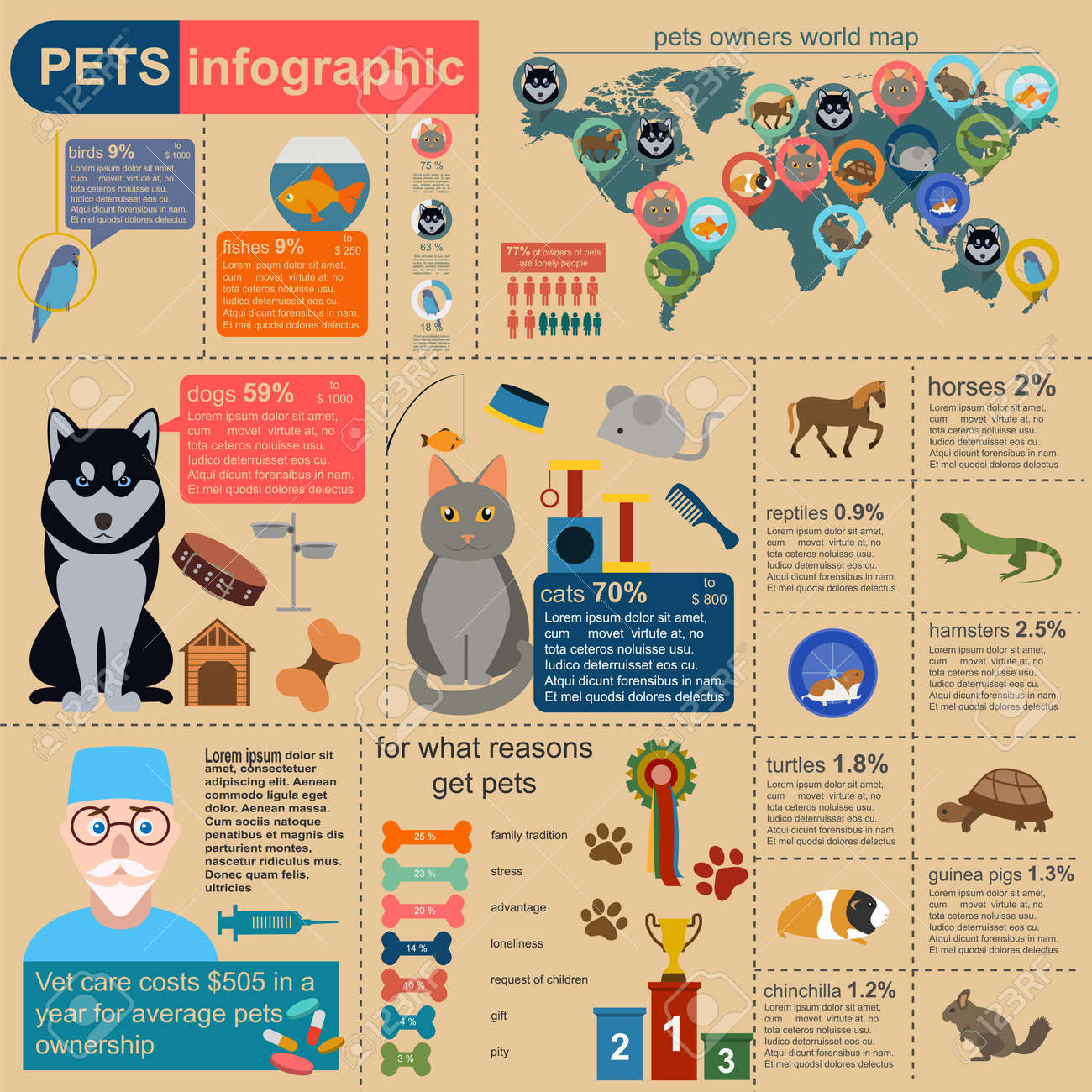Pup daycare is a fun way for your pet dog to socialize and burn power, but it's not suitable for each puppy. Guarantee your young puppy is risk-free and prepared for the experience by checking out the center ahead of time.
Normally, day care is recommended for pups between 12 and 16 weeks old, after they've obtained their very first inoculations.
Vaccinations
A lot of boarding and daycare facilities call for puppies to have their preliminary of pup inoculations before they can participate in on the fun. This is since the younger an animal is, the much more at risk they are for significant illness. The vaccination cycle aids to develop immunity over time by motivating the pet's body to create antibodies against specific diseases.
Puppies get their preliminaries of canine vaccinations from their mom as she passes them with the placenta during birth. This mother's immunity lasts for some time but will at some point wear away, so inoculation is required to keep the young puppy healthy and balanced and protected.
A few of these vaccinations are injected and others are provided by mouth or via the nose using drops or sprays. Many negative effects of these sorts of puppy vaccines are moderate and will pass within a couple of days. Hardly ever, a puppy or kitten can experience a much more extreme reaction to among the inoculations and will certainly require immediate veterinary interest.
Socialisation
Young puppies with minimal or no socializing can establish concern and hostilities to new people, pet dogs, and areas. Daycare exposes puppies to a variety of individuals and various other pets in a regulated setup to help them construct self-confidence and resistance.
Pups that regularly go to daycare learn to adapt to different environments, sounds, and smells. This helps them conquer stress and anxieties and terror in unknown scenarios such as veterinarian visits or public areas.
The majority of dog day cares enable pups to have fun with various other pets and human beings in secure, monitored play teams. The personnel keeps an eye on communications to make certain safety and encourage positive behaviors. They also have the training to remove a young puppy from a hazardous circumstance more quickly than owners can. Ideally, a childcare will certainly have obedience training so pups can reply to recall commands and avoid getaway attempts, canine fights, and injuries. They additionally educate pets to recognize human dog boarding and training and canine social hints, which can stop hostility or reactivity.
Training
Puppies need to find out that they can not always be surrounded by their human family members which having fun with buddies is fine too. That's why training is critical prior to a puppy signs up with day care.
Preferably, a young puppy must have had basic obedience training, been character evaluated and "spoke with" by the childcare staff (i.e. hung out in a play group being viewed by the personnel to see exactly how they connect with other pet dogs). This will certainly tell them regarding their character, likes/dislikes, anxieties and energy degree to understand whether childcare is the ideal suitable for your pet dog.
An excellent day care will certainly collaborate with you to see to it your pup is risk-free, delighted and has the most fun at daycare while you're away. This is particularly essential for high energy breeds (assume Labradors, Pit Bulls and Jack Russells) who are going to have a hard time draining pipes all their energy in the house and may also wind up getting destructive and/or irritating their neighbors or their furnishings while they're WFH.
Health care
Pups have different preventative healthcare needs than grown-up pet dogs. They may have a higher threat of establishing particular conditions, such as heartworm illness or tick-borne infections like Lyme disease. Vaccinations can lower the danger of these diseases.
Young puppies can also create long-lasting wellness issues, such as joint inflammation or diabetes, otherwise worked out at a healthy and balanced level. Normal exercise assists young puppies handle their weight and avoids the growth of unwanted chewing.
The majority of day cares call for animals to be completely vaccinated and purified or sterilized prior to starting childcare. Some centers only accept older pets and may not have the ability to accommodate a young puppy. Seek a facility that has floor-to-ceiling walls to shield animals from airborne illness. A lot of excellent childcares will also have the ability to provide info on their cleansing protocols and how they keep animals separate from one another. Some may prohibit particular types of collars, including prong, martingale and choke collars as they can put the pet dog in danger of injury or infection.
